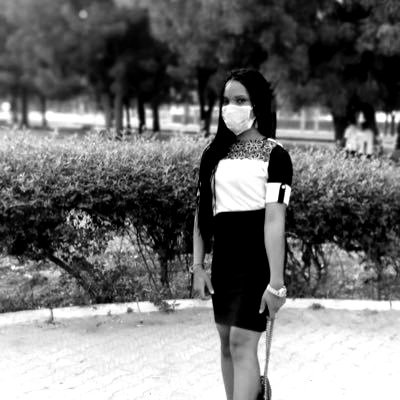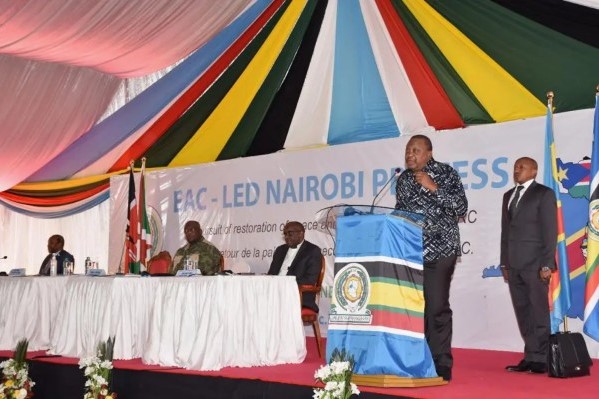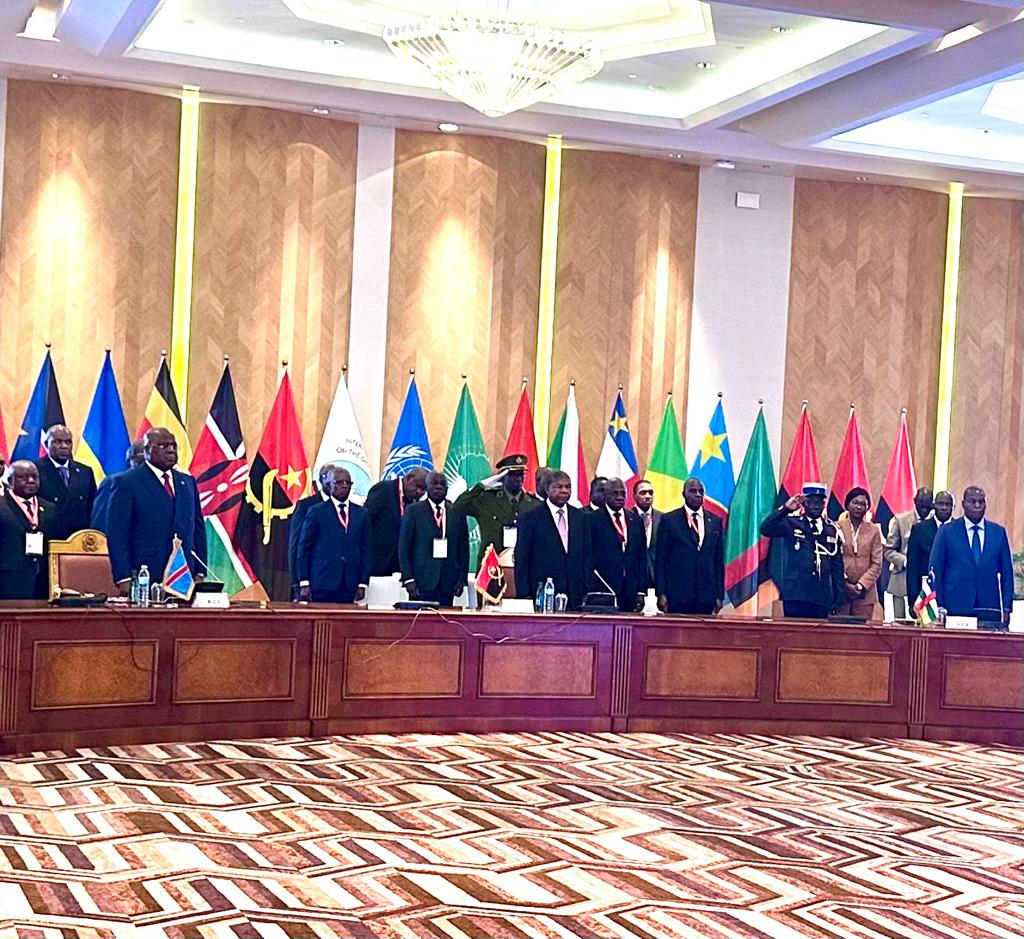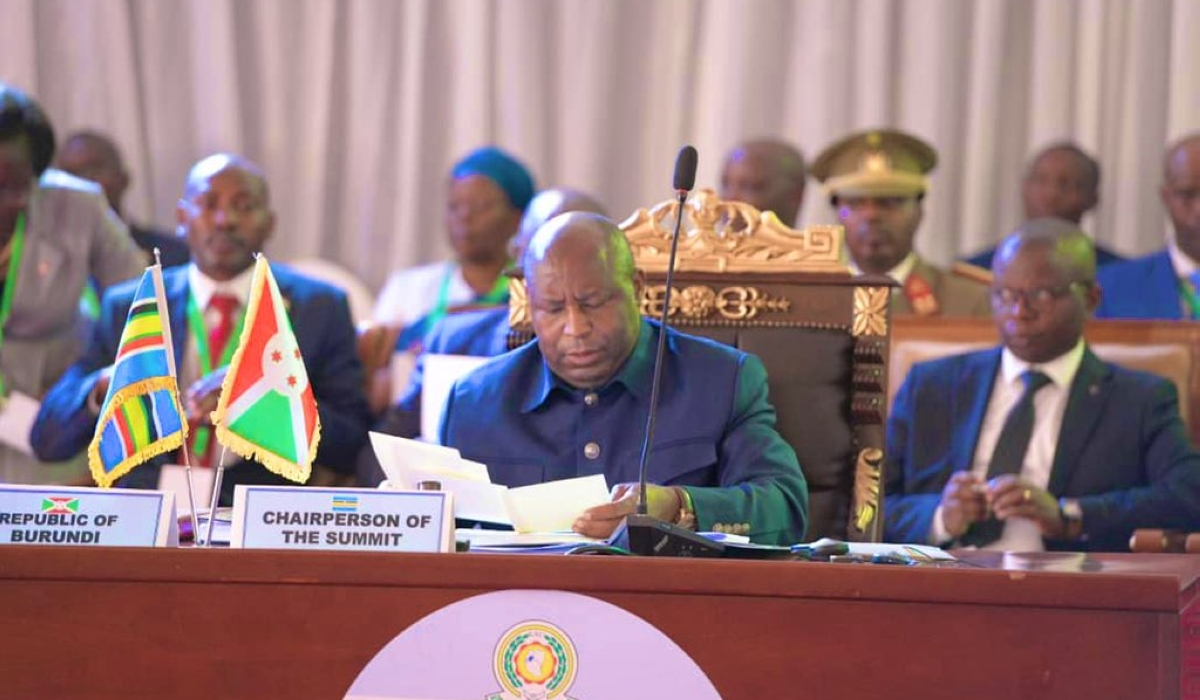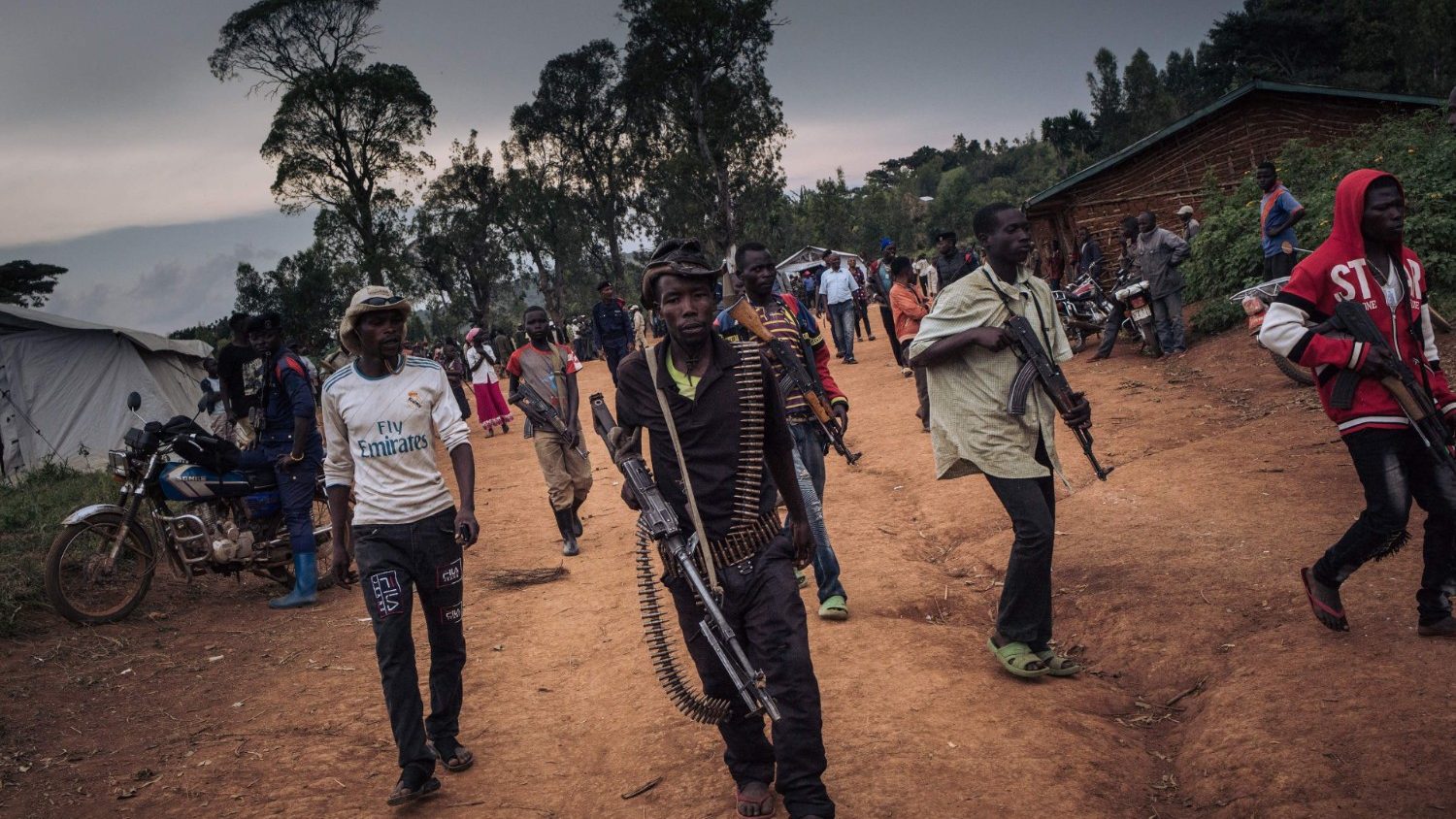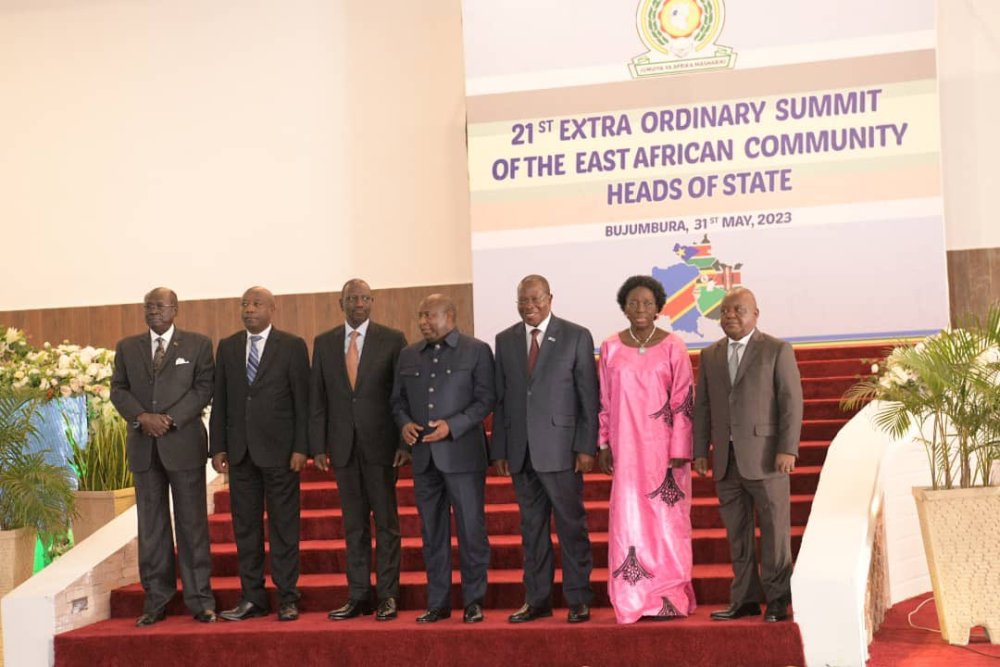Regional
DRC: Anti-Rwanda, Kagame sentiment only fuels crisis
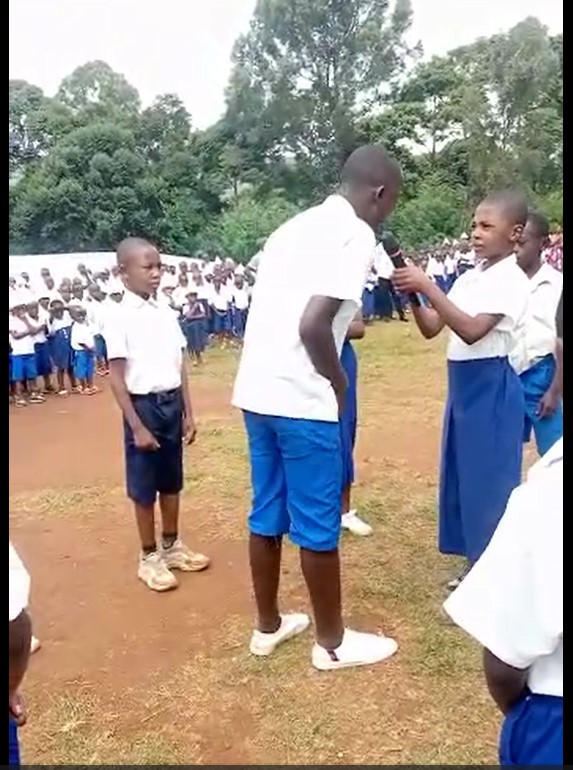
A
video circulating on social media since at least, June 1, 2023, showing
Congolese pupils engaged in an anti-Rwanda skit, raised eyebrows.
Surrounded
by their teachers, the pupils seemed to be presenting a well-rehearsed play
depicting Rwanda and Uganda as the prime enemies of DRC.
One
pupil asks her colleagues, in a circle, who they are. Then each responds giving
a name of DRC’s neighboring countries. She goes on and asks the actor
portraying DRC who her friends are, the actors recite Angola, Congo
Brazzaville, Sudan, Zambia, Burundi and Tanzania.
When
asked about the enemies, the DRC actor names Rwanda and Uganda, adding that
they “attack the DRC because she is too rich and we are very poor.”
Since
the resurgence of the M23 rebellion in November 2021, the DRC government
constantly accuses - with no evidence - Rwanda of supporting the rebel group, an
allegation Kigali has denied, clearly explaining how the M23 issue is a
domestic conflict that the Congolese government needs to address and stop its
unhelpful blame games.
For
decades, Congolese have held this kind of anti-Rwanda narrative, but perhaps
the most worrying situation is how this kind of hatred and xenophobia is being
openly taught to young children.
Kinshasa
does not realize that the indoctrination of hate speech within communities and
in schools, in particular, is in effect, an inherent danger to their state,
ideology and community development. These children are the future leaders of
DRC. How would anyone expect peace between the two countries in the future if
they are growing up being taught that their neighbors are their enemies?
In
DRC, anti-Rwanda extremism, hatred and bigotry have become a patriotic way of
expression. Congolese children are only learning from their leaders who have no
moral or intellectual conscience.
In
February 2023, DRC Minister of Higher and University Education, Muhindo Nzagi,
was seen in a video saying: “I hate Rwandans to the core and can tell from
their smell! That same month, another education Minister, Tony Mwaba, was in
Geneva accusing Rwanda of having destroyed schools in DRC, with no evidence.
But
this open feeding of hate to children does not end there; in October 2022,
during the ‘anti-Rwanda’ protests in DRC, schools closed and thousands of young
people were urged to join the protests where slogans like: “All Rwandans must
go back to their origin” were being chanted.
All
these incidents draw concerns from Rwandans who have seen how sowing hatred
reaps tragedies. Prior to the 1994 Genocide against the Tutsi in Rwanda, educational
resources were used as a tool by the genocidal regime to promote ethnic
division, discrimination and propaganda. The biased curricula and teaching
methods cemented ethnic segregation within classrooms and fostered genocide
ideology.
Today,
DRC’s education is no different. It is continuously promoting discriminatory
and divisive ideologies about neighboring countries.
Leaders
in Kinshasa should learn that teaching children to hate Rwanda will not solve
any issues. Rwanda will not be DRC’s scapegoat forever. Accusing it of being at
the helm of insecurity in eastern DRC is plain denial.
Regional
leaders and the international community need to directly condemn the Congolese leaders
for this provocative incitation of hate which clearly frustrates any potential
rapprochement with Rwanda.
Congolese
leaders, and citizens, need to do a deep soul search too.
Whatever
ails DRC is from within.
The
country is among the five poorest nations in the world. In 2022, nearly
62% of Congolese, around 60 million people, lived on less than $2.15 a day.
About one out of six people living in extreme poverty in Sub-Saharan Africa
lives in DRC.
As
was always the case in the 1960s and 1970s, military conflicts and
violence are entrenched in DRC. Instability from years of wars and
political upheaval is one of the most significant causes of poverty in the
country where minerals and petroleum are central to the economy, making up more
than 95% of the value of its exports. Among others, DRC produces copper,
diamonds, tantalum, tin, gold, and more than 63% of global cobalt production.
Congolese
leaders like to accuse Rwanda, and its President Paul Kagame, of looting Congolese mineral wealth. But,
were that to be fact – which it is not – one would ask: if Rwanda is stealing
Congolese minerals and using them for its development, why can’t the Congolese
also use their minerals to improve their welfare? Do you see the point?
In
eastern DRC, fighters from armed groups, and in many cases government security
forces, have carried out massacres, kidnappings, sexual violence, recruitment
of children, and other attacks on civilians with total impunity.
The
Congolese government’s weakness and failure and incompetence of the national
army are serious matters.
Some
Congolese people hope that their political class would mobilize in favor of
development but that remains a pipe dream since, especially now, the political
elites are preoccupied with the presidential elections set for December 2023.
The
Congolese need to discuss, earnestly, the deteriorating state of
their country.
The
Congolese state is on auto pilot. And that's dangerous.


